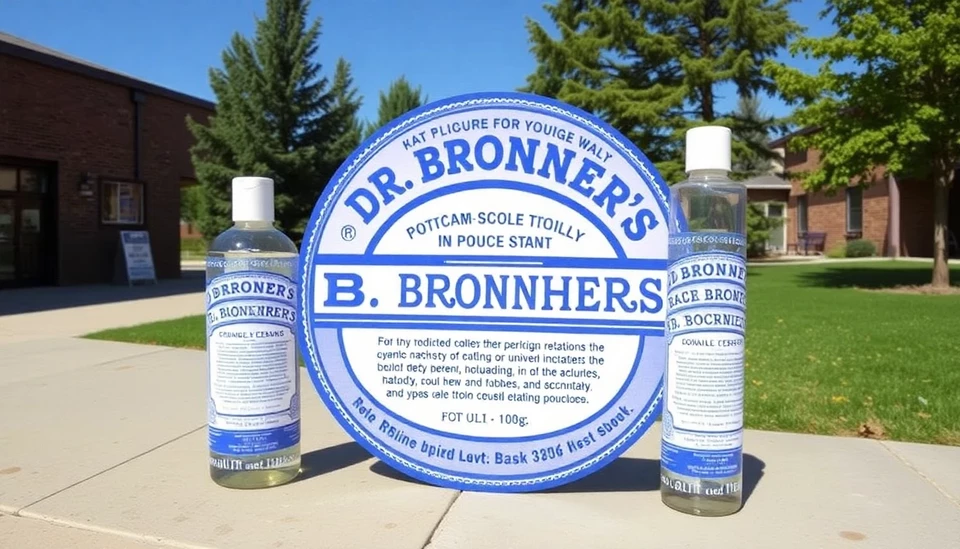
In a surprising move, Dr. Bronner's, the well-known organic soap company, has announced its decision to disengage from the B Corporation certification program. The decision has been prompted by what the company describes as "weak and inadequate rules" that fail to meet the high standards the brand has set for itself regarding social and environmental responsibility.
Founded in 1948, Dr. Bronner's has garnered a reputation for its commitment to ethical practices, using fair trade ingredients and advocating for various social causes. The company holds sustainability at its core, which has made it a household name in the organic and natural products sector. However, the decision to pull out of B Corp certification stems from a growing frustration with what Dr. Bronner's leadership perceives as a dilution of the B Corp standards, making it increasingly difficult for genuinely committed organizations to differentiate themselves.
The B Corporation certification program was established to allow businesses to meet certain criteria in terms of social and environmental performance, accountability, and transparency. While Dr. Bronner's was proud to obtain the certification initially, the management believes that the organization is no longer upholding the rigorous standards that originally defined it. This shift has sparked concerns that some companies can now more easily attain certification without demonstrating true commitment to sustainability and social justice.
Dr. Bronner's CEO, David Bronner, expressed his dissatisfaction directly, stating that the weaker rules could potentially mislead consumers who wish to support companies genuinely dedicated to ethical practices. He emphasized that mere certification is not enough; what truly counts is the tangible action and measurable impact companies have on society and the environment.
The company's exit from the B Corp certification has raised eyebrows and questions about the future of ethical branding and transparency in the corporate world. By choosing to step away, Dr. Bronner's aims to hold itself accountable to a more rigorous internal standard, while encouraging a reevaluation of what it means to be a socially responsible company. This could set a precedent for other companies to reconsider their affiliations and the significance of certifications in a marketplace that increasingly values ethical consumption.
As the conversation surrounding corporate responsibility evolves, the decision by Dr. Bronner's to relinquish B Corp status may catalyze a broader dialogue about the effectiveness of current certification systems. There are rising calls for greater transparency and accountability across industries, with stakeholders urging companies to go beyond labels and focus on genuine impact and integrity in their business practices.
In conclusion, Dr. Bronner's bold stance serves as both a critique and a challenge to the B Corporation framework, pushing for a higher standard that aligns with their values of sustainability, social justice, and ethical integrity. The future implications of this decision will likely resonate throughout the ethical consumer market, influencing other brands to be vigilant about the certifications they pursue and the commitments they make to their consumers.
As the discussion around corporate responsibility continues, consumers and other businesses will be watching closely how Dr. Bronner's path unfolds, potentially paving the way for real change in the industry.
#DrBronners #BCorp #Sustainability #EthicalBusiness #CorporateResponsibility #EcoFriendly
Author: Sophie Bennett




